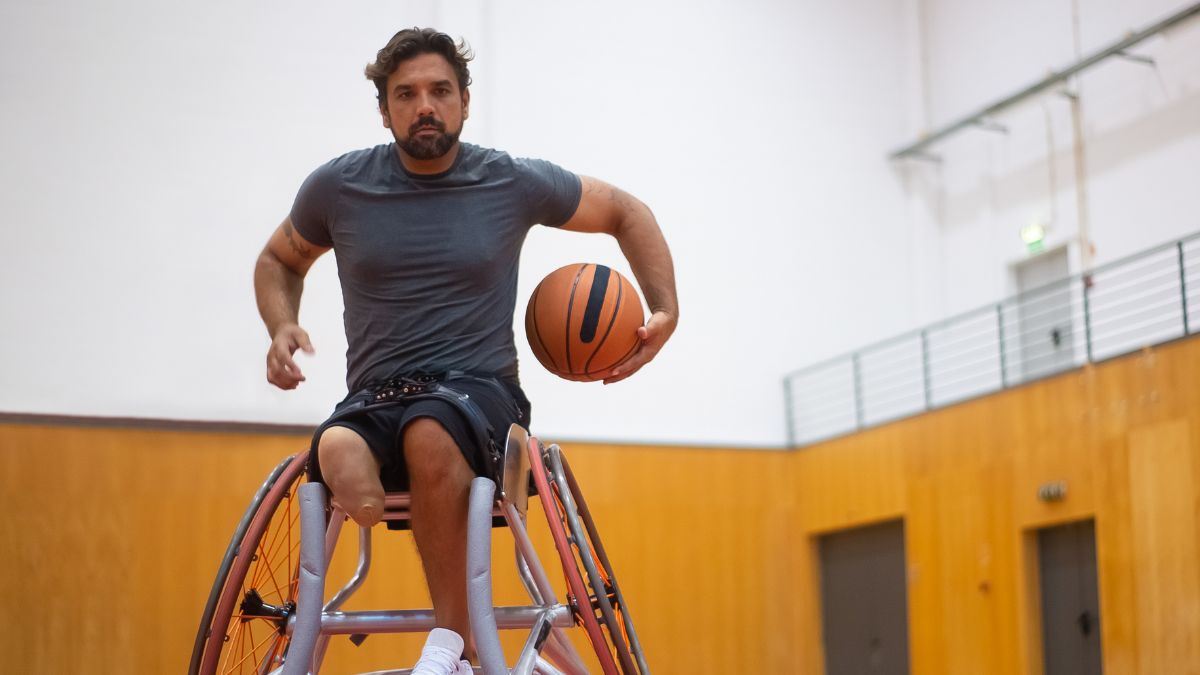Disabilities can be difficult to understand and discuss, which means that people who have them usually don’t get the support they need. This article addresses ways that workers, employers, and organizations can practice disability-inclusive workplaces and help everyone benefit from their unique needs.
What is a disability?

Disability is a term for a range of problems that make it hard for someone to do normal things. There are many different types of disabilities, including physical, mental, sensory, intellectual, and developmental disabilities.
Disabilities can show up in many different ways, such as trouble moving or coordinating, trouble hearing or seeing, trouble speaking or understanding language, trouble focusing or thinking clearly, and so on.
As a disability ally at work, it is important to understand the specific challenges that people with disabilities face when trying to do their jobs. Here are some tips on how to be a disability ally at work:
1. Listen attentively. When talking to someone who has a disability, always pay attention to their needs and feelings. Do not assume that you know what they are saying or how they feel just because you can hear them well. Take the time to really listen and try to understand what they are saying.
2. Be patient. It can be difficult for people with disabilities to communicate effectively, which can lead to frustration on their part. Remember that it may take them longer than usual to answer your questions or complete tasks. Be patient and wait until they are ready to continue talking.
3. Respect their privacy. Some people with disabilities may want privacy when dealing with personal issues such as medical conditions or medication therapies. Do not force them to share information if they do not want to do so. Respect their wishes and let them talk when they are ready.
How can you be an ally?

Being an ally means understanding and respecting the unique experience of people with disabilities, and working to create an environment in which everyone is treated fairly and equally. Here are a few practical ways to be an ally at work:
1. Be aware of your surroundings. When you’re at work, take the time to pay attention to your surroundings and what’s going on around you. This includes being aware of who is visually impaired or has other disabilities and making sure that everyone has a chance to be heard.
2. Ask questions. If you don’t know how something works or if you have a question about someone’s disability, ask! It’s important to be open-minded and willing to learn about different experiences and cultures.
3. Advocate for yourself and others with disabilities. If there’s something that you need or want that isn’t being offered in your workplace, advocate for yourself or another person with a disability! Speak up when harassment or discrimination is happening, and make sure that people with disabilities are included in decisions made about their workplaces.
Ways to be an ally at work
There are many ways to be an ally at work, whether you have a disability or not. Here are some practical tips:
1. Listen attentively. When someone shares their experience with a disability, it can feel like they’re talking to a wall. Be patient and listen carefully, asking questions where necessary. This will show that you care about them and their experiences.
2. Don’t make assumptions about what the person can and can’t do. Just because you don’t have experience with disabilities doesn’t mean you can’t be supportive of those who do. Avoid making assumptions about how disabled people should behave or speak – this can be really frustrating and demeaning!
3. Ask questions openly and honestly. If there’s something you don’t know about disabilities, ask! It may seem like a small thing, but ignorance is often the root of discrimination – so letting everyone know what you’re up against is key in fighting it off!
4. Speak up if you see or hear discrimination happening around you. If someone makes an offensive joke about a disability, for example, tell them that it’s not funny and that they shouldn’t say things like that around disabled people (or anyone else for that matter). It might not always be easy to stand up to discrimination, but it’s important in helping to create an inclusive workplace culture
Conclusion
There’s no question that being an ally to people with disabilities at work can be a challenge. But it’s one that is important and worthwhile, not only because it helps those individuals feel more comfortable and supported in the workplace but also because it sends a message to employers about their commitment to inclusion.
In this article, we outline four practical ways you can start becoming an ally today. So go ahead—let your disability advocacy shine!







